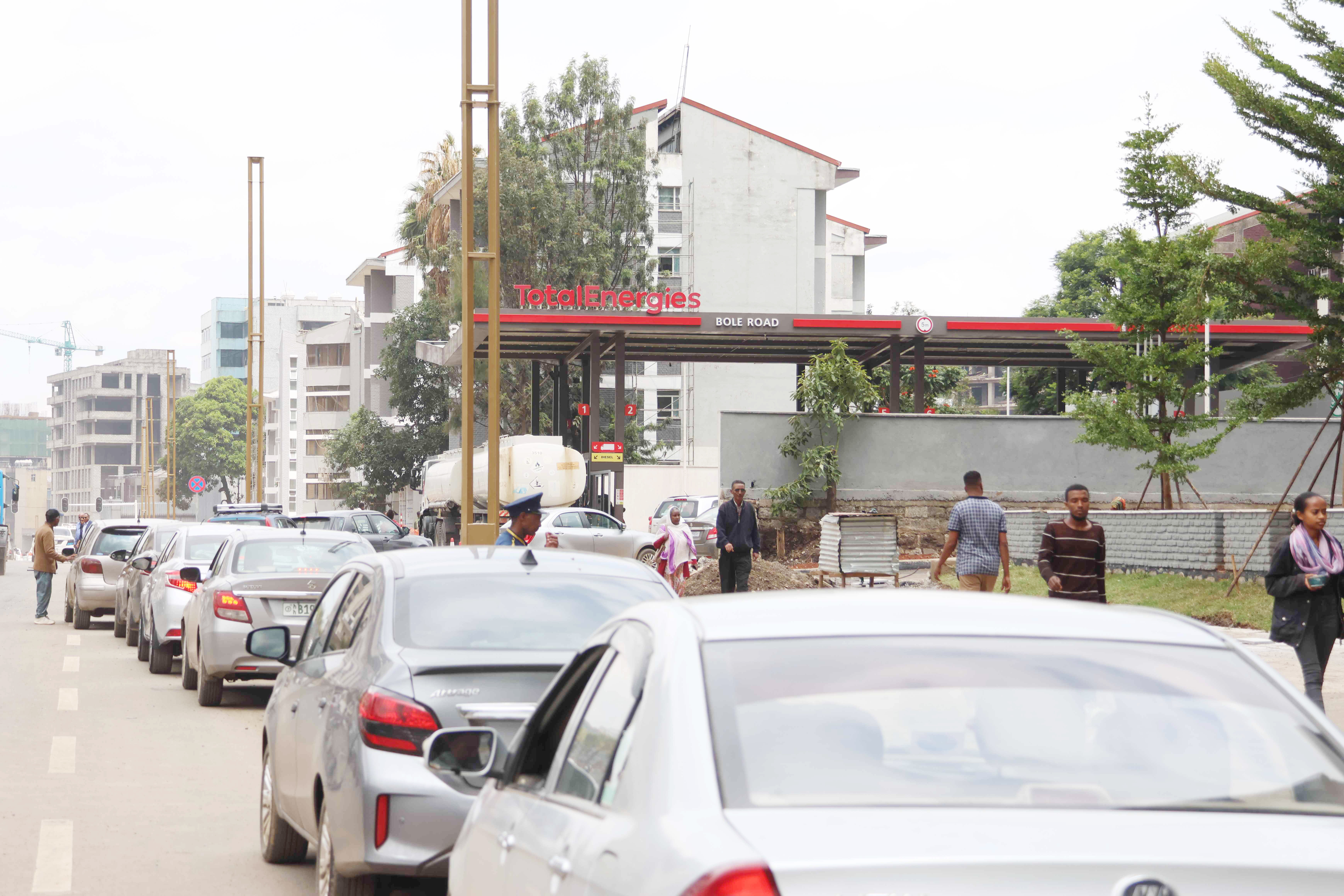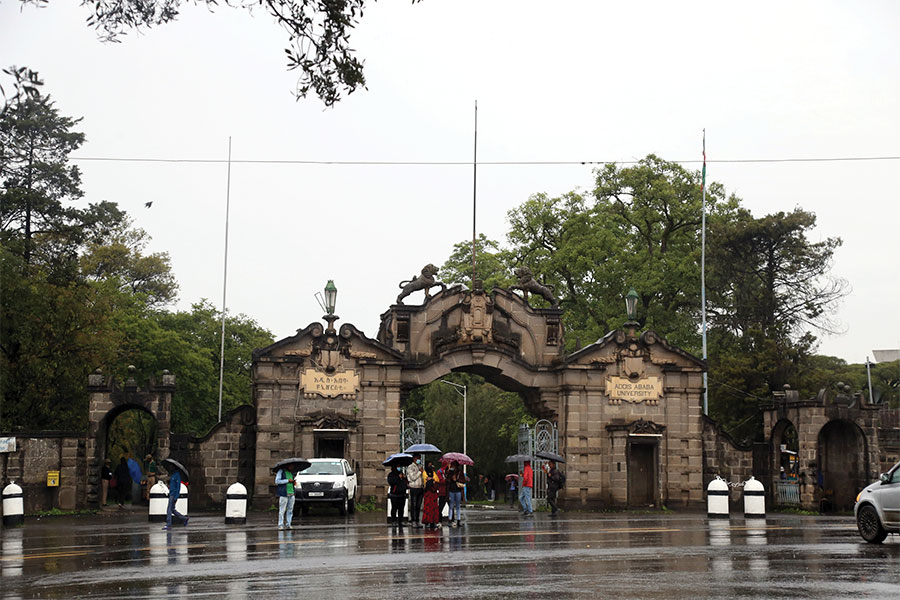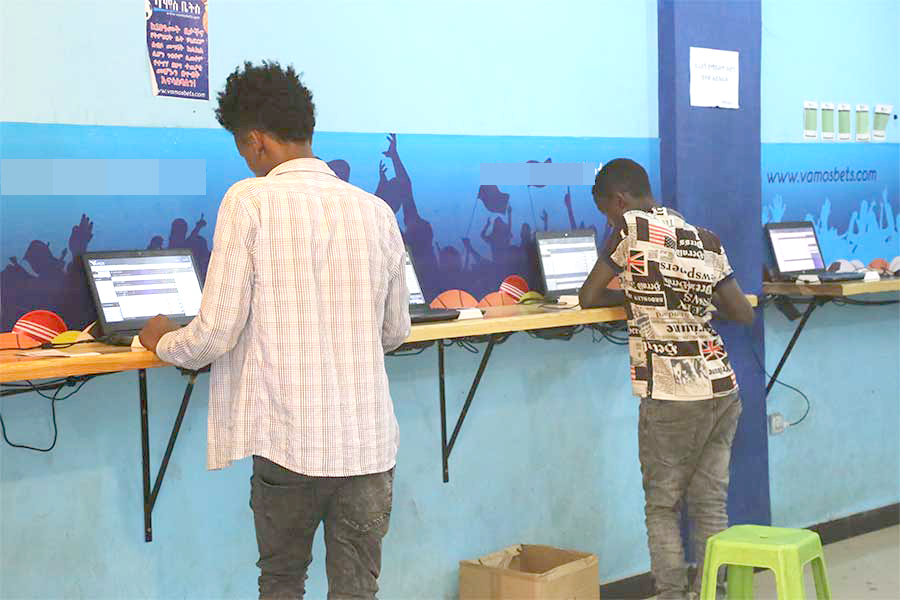
My late-night drive home last week was met with a tailgate from an SUV with honking horns and flashing headlights that were visible through my rearview mirror.
I signalled the driver I was aware of the presence through a hazard light with hopes that they would take the left lane with plenty of room to accommodate a couple more vehicles. But the driver kept weaving in and out of traffic.
As I was about to turn into my compound, the SUV swerved past my car, pulled in front and approached my car in reverse gear. Before I could react, a minibus arrived behind leaving me effectively sandwiched between the two vehicles.
The uncomfortable situation coupled with the driver's erratic behaviour as he stepped out of the car had me alarmed.
Luckily, armed law enforcement officers arrived in time to observe the man's sporadic behaviour. They approached the young man with tattooed biceps protruding from his black t-shirt and tight-fitting jeans, who began explaining an utterly twisted version of the story. He claimed I pursued him in a car chase a few miles back from a part of town I had not visited.
By this time, I had stepped out of my car to try and make sense of the plight. As the young man was raving, I noticed his car had sustained damage to the wheels while the rim was dangling from the assembly.
He had tried to squeeze past me in the narrow curve but had hit the concrete sidewall. I assumed he must have been hoping to simulate being hit from behind and blame me for the damage. I was impressed by his quick thinking but also sickened by his diabolical intentions.
Realising his ploy, I was glad the officers were around. After explaining the situation, I was allowed to go while they kept questioning the driver. His demeanour and incoherent narrative left them unconvinced. Meanwhile, my version was simple: I had never met the man before and I had a dozen alibi to prove my whereabouts.
It hit me the next day, following a discussion with friends, that the incident could not have been a simple case of road rage but an attempt at carjacking.
Whether carjacking or a random attack, the outcome could have been different if the officers had not arrived when they did. I felt incredibly lucky contrasting to a myriad of stories of drivers whose fates were not as favourable.
Reality is stranger than fiction.
Addis Abeba is known for less violent crime prevalence compared to other major capital cities. Carjackings were once far-fetched ordeals witnessed merely on the screen with popcorn and soft drinks at hand.
Unfortunately, the trend might shift with a growing population and economic disparity. The expanded city borders have made it difficult for law enforcement to contain it.
Drivers must be more vigilant than ever. It is important to be mindful of suspicious acts and avoid isolated areas at night while staying calm in a dangerous situation to buy time before help arrives.
Security is not the only concern facing the youth in Addis Abeba. Streetwalking is also a significant issue with a devastating impact on young women. Behind the flashy show of flamboyance lurks the reality that the youth face an existential threat regarding security and health, trapped in a cycle of poverty.
Such socioeconomic malaise needs a multidisciplinary approach and the youth is at the centre of it.
If harnessed correctly and guided with knowledge and management, the youth can actually do wonders. Albert Einstein was just 25 when he developed his "Special Theory of Relativity," which was a groundbreaking work that unleashed the secrets of invisible atomic energy and eventually won him the Nobel Prize.
However, the energy can be destructive in the wrong hands, even more so than an atomic bomb. Such worst-case scenarios are usually averted by the presence of young law enforcement officers willing to put their lives on the line.
The rule of law and order is essential for a functioning society. It is essential to clarify that crime has consequences and that no one is above the law.
My son took his school leaving exams recently, which meant residing in the dormitories of a university campus during the week. When I picked him up after five days, our discussion drifted to his one-week experience outside the home.
He told me the officers stationed on campus were kept busy day and night dealing with unruly examinees. He was appalled by the frequent fights that broke out between students while some attempted robberies.
My son was relieved to come home unscathed, but he did not understand the gravity of the situation. He may not see danger or dismiss it as a fleeting adventure, too young to comprehend socio-economic realities and their implications on a safe environment.
We need to invest in the youth to unleash their potential and build a better future. Their powerful energy should be steered in the right direction.
Institutions and individuals should provide resources for making healthy choices. Youth are the future of our society, and it is crucial to engage them in positive activities that will help them develop into productive. Sports, public recreation centres and voluntary associations such as scout and reading clubs can bring out creativity.
Media, religious and non-profit organisations have a role to play in shaping a better world outlook by providing educational and mentoring programs teaching responsibility, critical thinking and problem-solving.
We can let things take their course or do our part to make a difference.
I believe the youth will constructively grab their future with guidance that falls on us all. Addressing the lack of employment opportunities while controlling negative influences will curb the unfortunate situation.
PUBLISHED ON
Aug 19,2023 [ VOL
24 , NO
1216]


Fortune News | Feb 20,2019

Fortune News | Jun 29,2024

View From Arada | May 23,2020


Fortune News | Aug 14,2022

Agenda | Dec 10,2022

Radar | Jan 01,2022

Editorial | Mar 23,2024

Fortune News | Sep 11,2020

View From Arada | Apr 27,2024

Dec 22 , 2024 . By TIZITA SHEWAFERAW
Charged with transforming colossal state-owned enterprises into modern and competitiv...

Aug 18 , 2024 . By AKSAH ITALO
Although predictable Yonas Zerihun's job in the ride-hailing service is not immune to...

Jul 28 , 2024 . By TIZITA SHEWAFERAW
Unhabitual, perhaps too many, Samuel Gebreyohannes, 38, used to occasionally enjoy a couple of beers at breakfast. However, he recently swit...

Jul 13 , 2024 . By AKSAH ITALO
Investors who rely on tractors, trucks, and field vehicles for commuting, transporting commodities, and f...

Jun 28 , 2025
Meseret Damtie, the assertive auditor general, has never been shy about naming names...

Jun 21 , 2025
A well-worn adage says, “Budget is not destiny, but it is direction.” Examining t...

Jun 14 , 2025
Yet again, the Horn of Africa is bracing for trouble. A region already frayed by wars...

Jun 7 , 2025
Few promises shine brighter in Addis Abeba than the pledge of a roof for every family...